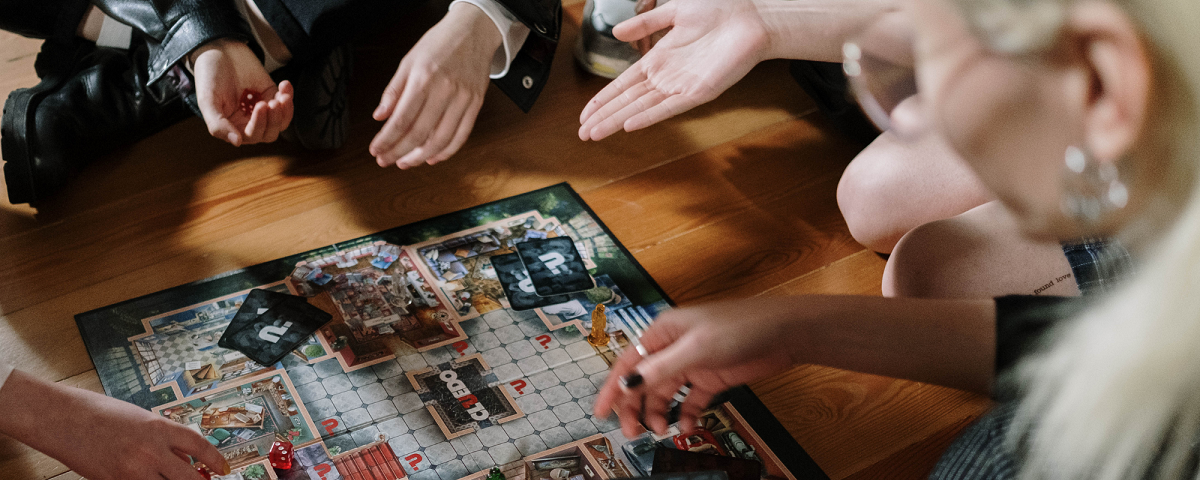Beach Cities Health District (BCHD) is happy to announce that we are re-launching the Brain Buddy program this month! To adhere to the California Health Mandate protocols, the program went on hiatus during the pandemic in order to protect our most vulnerable clients.
Brain Buddy volunteers engage both our older adult clients and adult clients with disabilities with memory loss in structured activities to provide socialization and engagement. Volunteers are recruited, trained and matched with appropriate participants based on need and compatibility.
It takes a special kind of individual who exhibits patience, calm and empathy to work with a person experiencing dementia or Alzheimer’s. Through this relationship, volunteers help provide clients with a sense of purpose and meaning which, in turn, improves their self-esteem, social connections and sense of control. Studies confirm that engaging in structured activities improves mood and reduces anxiety, apathy and other behaviors with dementia.
The best activities are those that stimulate the mind and senses. While the areas of the brain involved in thinking, planning and memory are impacted early in the disease, the areas that are responsible for motor skills, personality and emotional control remain relatively intact until the later stages. This means that people with dementia are capable of activities that allow for emotional expression, tap into well-rehearsed long-term memories, and do not require new skills or learning.
Appropriate activities for people with dementia or Alzheimer’s can include watercolor painting, working on a puzzle, singing along with familiar music, looking at a photo album, creating a scrapbook, cooking or eating a special recipe, looking at a book of classic movie pictures, reading aloud, or telling stories about the past. However, one size does not fit all. Activities that are adjusted to the functional level and personal interests of the client result in higher levels of engagement, alertness and attention.
Sabeerah Najee-Ullah, a BCHD AmeriCorps volunteer, recently started working as a Brain Buddy. She shared that her grandfather has Alzheimer’s, so she really appreciates that there is a program like this that promotes brain health. She and her client enjoy listening to the Beatles while drawing animal pictures or assembling dinosaur puzzles together. When asked what is special about this client, she mentioned that she appreciates how the family and caretaker are so involved in the socialization process. The advice that she gives to people considering volunteering in this role is, “Be patient. Give (the client) as much leeway and space as you can. Patience is key!”
We are now recruiting for this volunteer role. If you are interested in becoming a Brain Buddy, please email Volunteer Services at volunteers@bchd.org for further information and how to apply.
References
Camic, P. M., Tischler, V., & Pearman, C. H. (2014). Viewing and making art together: A multi-session art-gallery-based intervention for people with dementia and their careers. Aging & Mental Health, 18(2), 161-168.
Cowl, A., & Gaugler, J. (2014). Efficacy of creative arts therapy in treatment of Alzheimer's disease and dementia: A systematic literature review. Activities, Adaptation & Aging, 38(4), 281-330.
Fletcher, T. S., & Eckberg, J. D. (2014). The effects of creative reminiscing on individuals with dementia and their caregivers: A pilot study. Physical & Occupational Therapy in Geriatrics, 32(1), 68-84
Hattori, H., Hattori, C., Hokao, C., Mizushima, K., & Mase, T. (2011). Controlled study on the cognitive and psychological effect of coloring and drawing in mild Alzheimer's disease patients. Geriatrics & Gerontology International, 11(4), 431-437.
Särkämö, T., Tervaniemi, M., Laitinen, S., Numminen, A., Kurki, M., Johnson, J. K., & Rantanen, P. (2014). Cognitive, emotional, and social benefits of regular musical activities in early dementia: Randomized controlled study. Gerontologist, 54(4), 634-650.
Tadaka, E., & Kanagawa, K. (2007). Effects of reminiscence group in elderly people with Alzheimer disease and vascular dementia in a community setting. Geriatrics & Gerontology International, 7(2), 167-173.




